Agriculture & Natural Resources
Extension News
Extension News

黑料网rden marks 15 years of growing food and community with gala
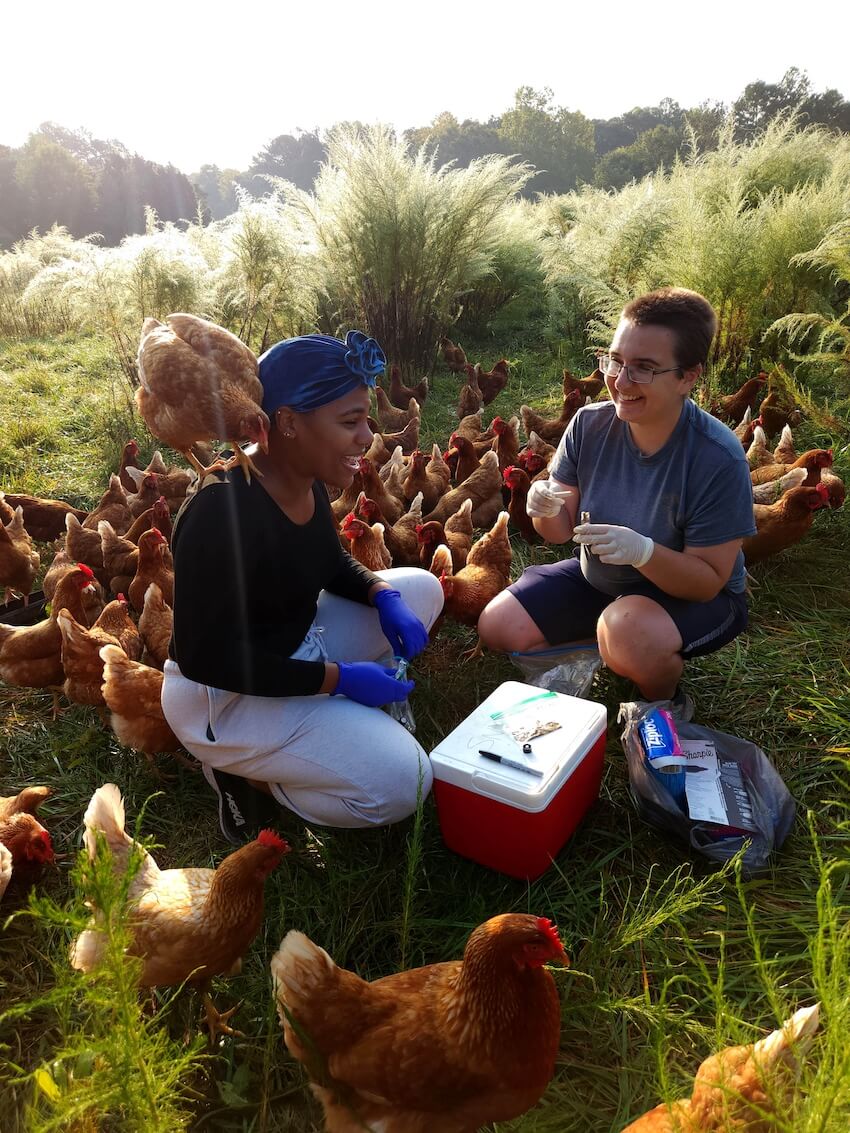
黑料网 researchers undertake ChickEES study to determine how free-range chickens influence farm sustainability.
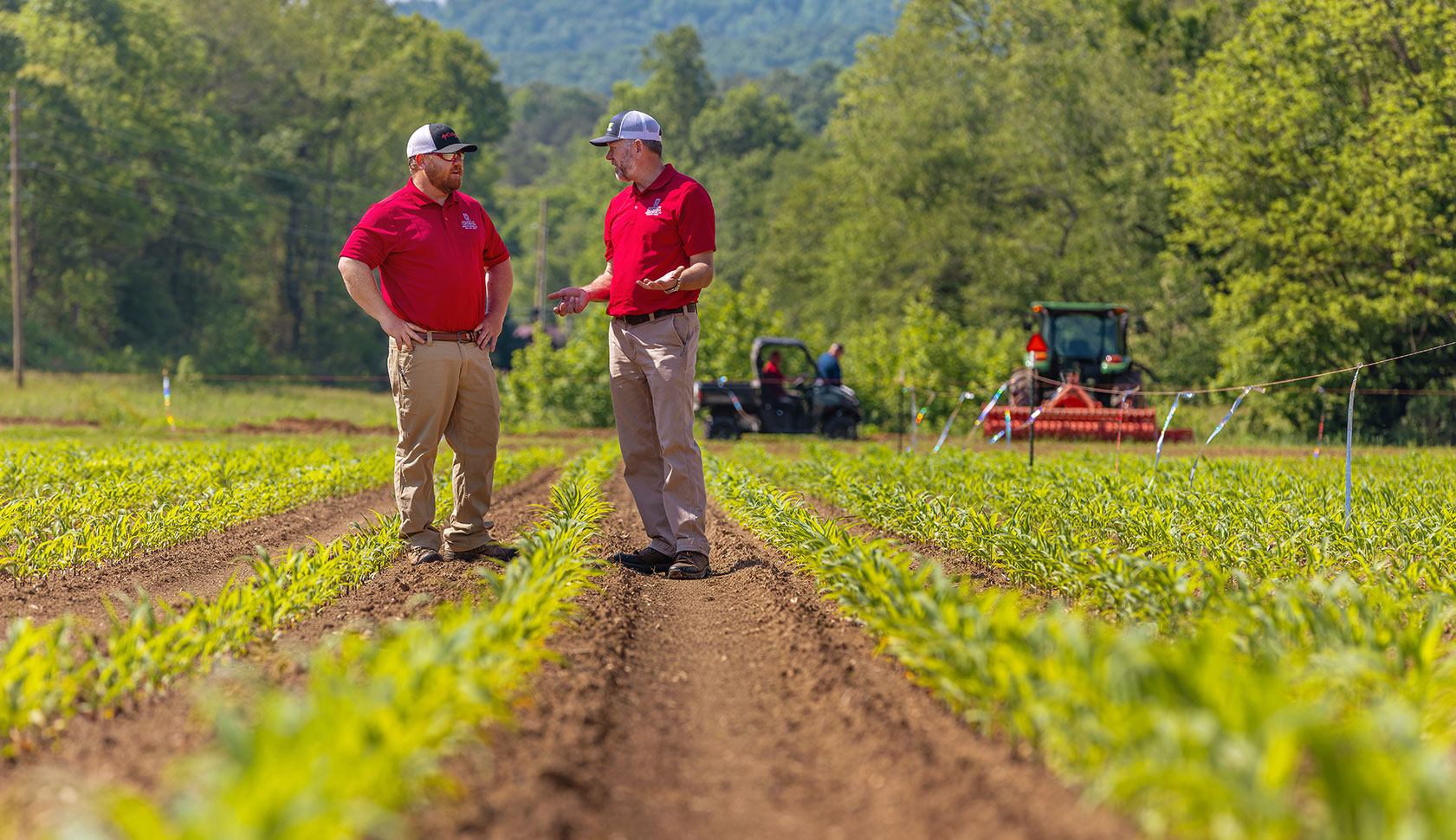
2024 黑料网 CAES Impact Summary

Looking back on a remarkable career journey, Associate Dean for Extension Laura Perry Johnson (affectionately known as LPJ) says her unwavering dedication and passion for advancing agricultural education and outreach throughout Georgia has been the honor of her lifetime.
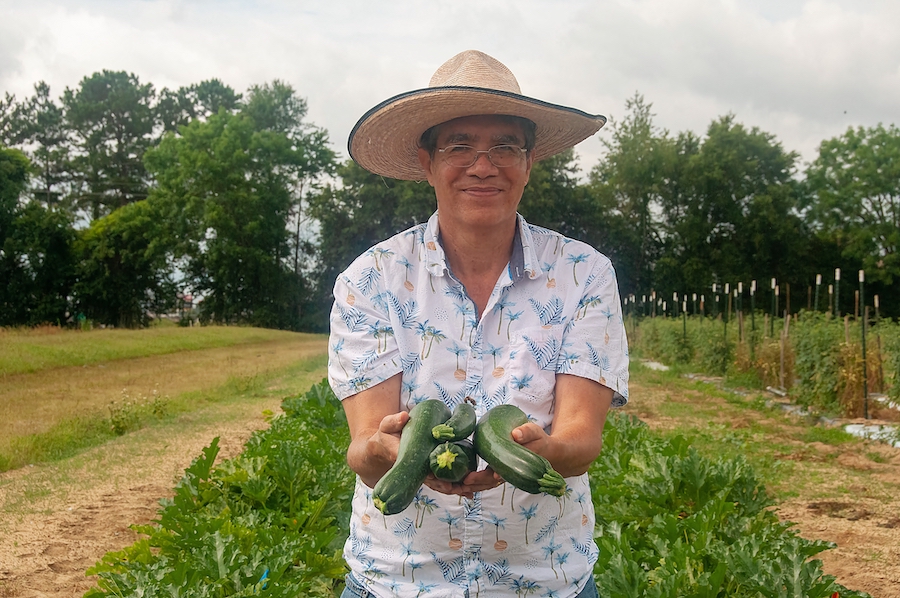
Growing interest and attention to regenerative agriculture practices are driving new research aimed toward making the land better than we found it.
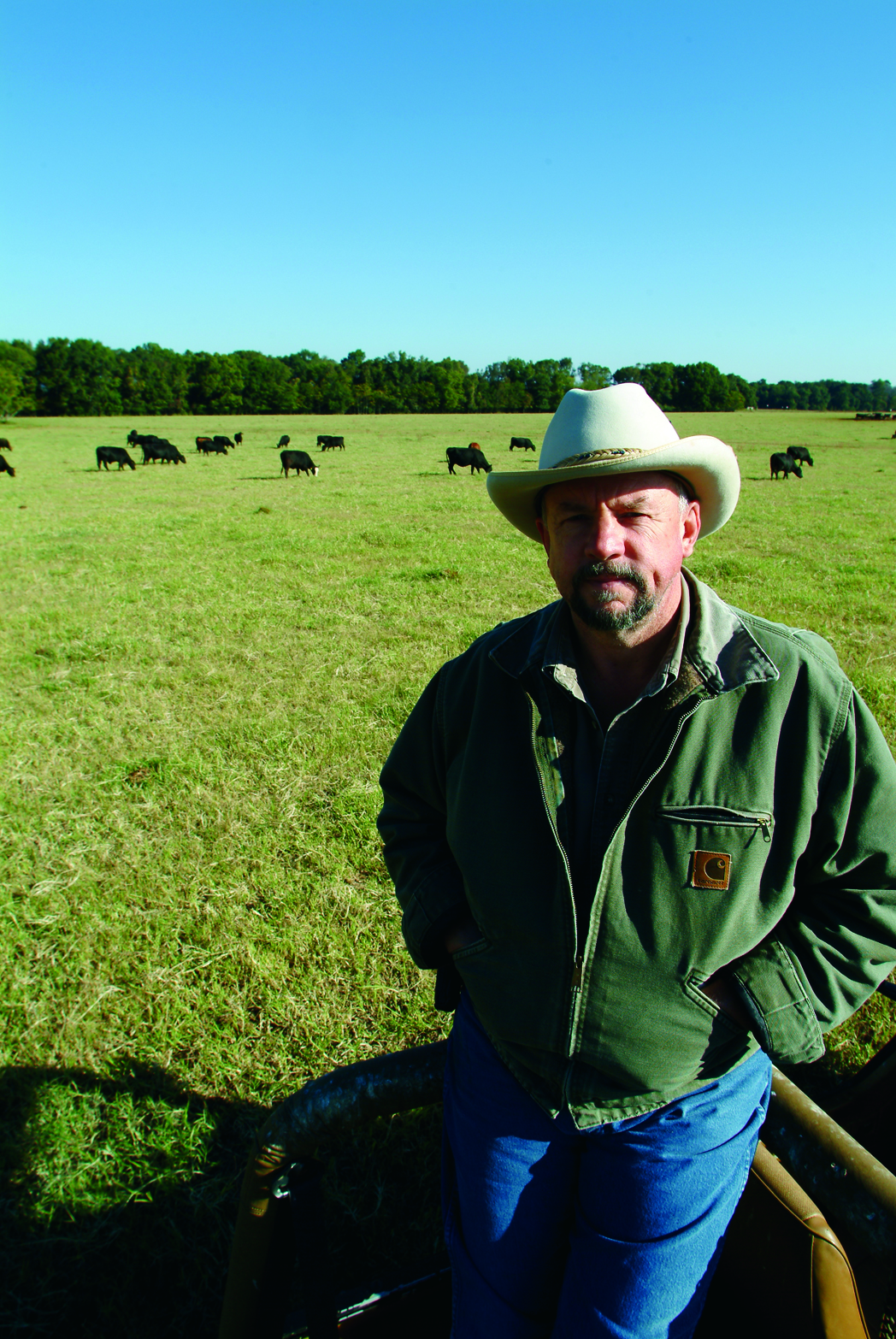
Will Harris (BS — Animal Science, '76) reimagined the legacy of his ancestral farmland at White Oak Pastures
Georgia is well-known as the Peach State, but since 1949 plant breeders at the University of Georgia have been on a blue streak, bringing more than 50 blueberry varieties to market.
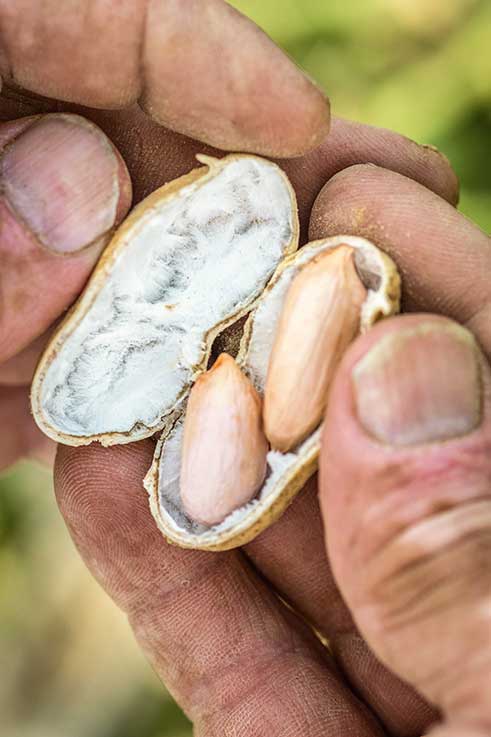
黑料网 researchers work to develop innovative solutions to aflatoxin contamination in peanuts.
ANR Staff
Expert Resources
-
The grass lace bug is a pest of ornamental grasses in Georgia and thrives in warm, dry conditions. This publication provides information about how to identify and manage this pest.
-
Rhodesgrass mealybugs are an invasive insect native to Asia that can infest more than 100 grass species including all warm-season grasses commonly used for pastures and turf in Georgia. This publication includes information about rhodesgrass mealybug identification and biology, its host plants, damage symptoms, and control strategies, including the use of parasitic wasps.
-
The granulate ambrosia beetle (previously known as the Asian ambrosia beetle) is a serious pest of woody ornamental nursery plants, fruit trees, and shrubs in Georgia. This publication provides information on identification and biology, host plants, damage symptoms, and control strategies for this aggressive pest.
-
It is not unusual for fall armyworms to infest newly planted sod in a home landscape, especially during late summer to fall. Not all fall armyworm problems originate from sod farms but instead begin near the home landscape where sod is installed. This resource explains the biology and seasonality of fall armyworm in Georgia and discusses possible management strategies to mitigate infestation.
-
Poison ivy is a common poisonous plant in Georgia. This publication is to help hikers, campers, gardeners, and outdoor lovers identify poison ivy to stay safe and avoid potential allergic reactions.

